The name Rapid Support Forces (RSF) has once again dominated international headlines following horrific reports of a massacre of approximately two thousand civilians in El-Fasher, Darfur, Sudan. This paramilitary group is now a primary actor in the Sudanese civil war that erupted in 2023, ironically, after previously being a close ally of the government military.
From Janjaweed to RSF
The RSF has its roots in the Janjaweed militia, an armed group once utilized by the Sudanese government in the Darfur conflict. In 2013, the group was formalized into an official paramilitary force. However, in the same year, their relationship with the Sudanese military fractured, and the RSF turned into the most dangerous opposition force.
Ideologically, the RSF is often associated with extreme Arab nationalism and anti-Islamist sentiment, and is accused of promoting an Arab supremacy agenda. Several academic reports and humanitarian organizations state that the RSF frequently targets non-Arab ethnic groups in Sudan with brutal violence, including the execution of unarmed civilians.
Also Read: Sudanese Army Battles RSF in Kordofan as Civilian Hardship Worsens
Conflict History and Leadership
The group has been led by General Mohamed Hamdan Dagalo, or Hemedti, since 2019. The RSF has been involved in military operations in Yemen against the Houthis group and played a significant role in suppressing pro-democracy demonstrations in Sudan, including the Khartoum massacre tragedy on June 3, 2019.
On April 15, 2023, tensions peaked after the RSF mobilized forces across various cities. The Sudanese military subsequently designated the RSF as a rebel group. Since then, the RSF has managed to seize control of vast areas in southern and western Sudan, including most of Darfur.
They are allegedly receiving support from the United Arab Emirates, Chad, Israel, as well as Russia’s Wagner group, although these parties generally deny or offer no official comment.
Also Read: UN Warns of Rapidly Worsening Humanitarian Crisis as Over 100,000 Flee Violence in Sudan
The El-Fasher Tragedy: Genocide in This Century?
The RSF’s capture of El-Fasher marks a darker new chapter. After an 18-month siege that trapped tens of thousands of residents, the Sudanese military withdrew, and the city fell to the RSF. Following the occupation, reports of massacres against the Fur, Zaghawa, and Berti ethnic groups emerged. The RSF is accused of mass killings, kidnappings, extortion, and ethnically based slaughter.
Yale University’s Humanitarian Research Lab even stated the violence was comparable to the first 24 hours of the Rwandan genocide. Footage allegedly made by RSF members themselves showed civilians being shot and bodies scattered in the streets. Satellite imagery shows locations strongly indicating mass executions and forced burials.
The UN and local activists also report a pattern resembling “systematic ethnic cleansing,” including house-to-house searches for non-Arab residents.
Also Read: 1,700 Sudanese Children Suffering From Malnutrition in Tawila Camp, Local Group Warns
The RSF is not merely an ordinary armed group. They are a powerful actor that once served as a tool of the state, now transformed into a rebel force threatening the territorial integrity of Sudan and the safety of millions of citizens. With expanding control in Darfur and external support that is complicated to trace, the future of Sudan is in its most fragile situation in decades.[]
Mi’raj News Agency (MINA)
Also Read: South Africa Probes ‘Mysterious’ Charter Flight Bringing 153 Palestinian





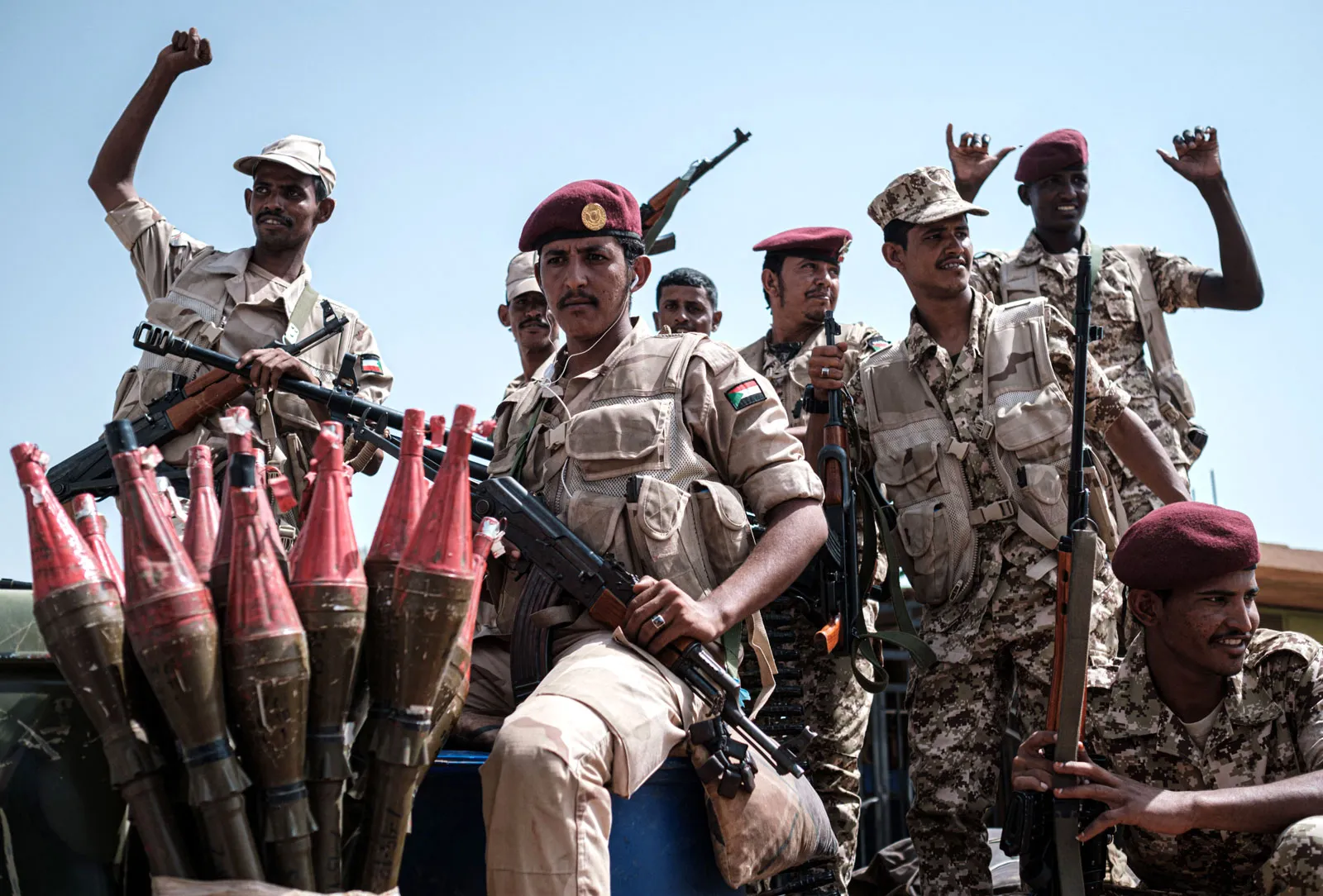


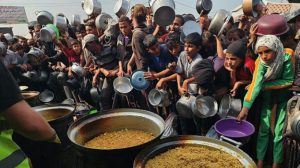


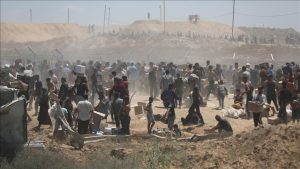
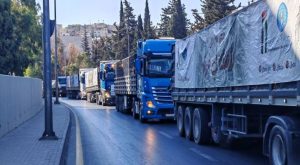
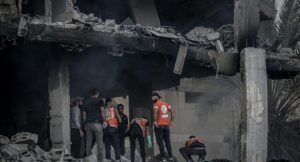





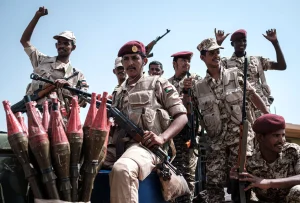





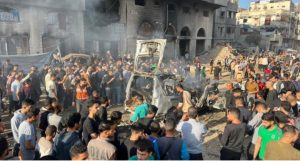






 Mina Indonesia
Mina Indonesia Mina Arabic
Mina Arabic